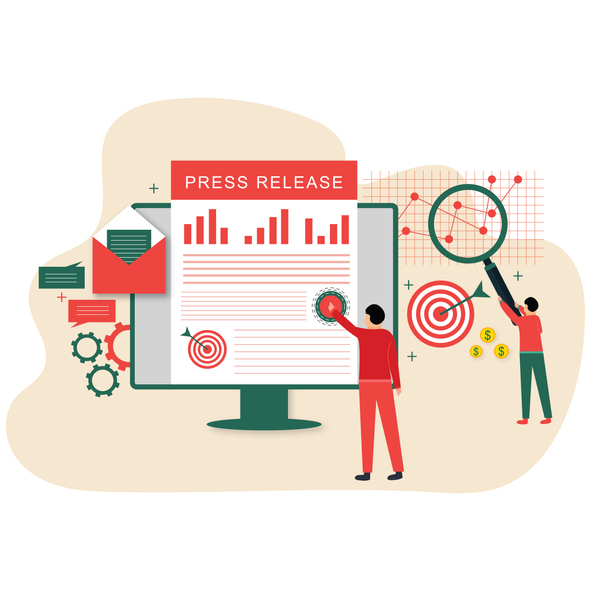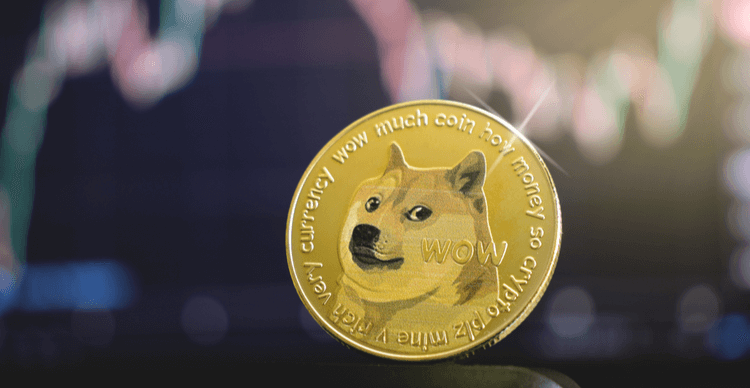In the digital age, social media is more than just a platform for marketing—it's a crucial channel for customer service and engagement. The speed at which your brand responds to social media interactions can significantly impact customer satisfaction, brand reputation, and overall success. This article delves into why speeding up your social media response time is essential and offers practical strategies to enhance your response efficiency.
The Importance of Speeding Up Your Social Media Response Time
1. Enhancing Customer Satisfaction
Customer expectations are at an all-time high, with many expecting responses within minutes rather than hours. Fast response times can significantly enhance customer satisfaction, leading to positive brand perceptions and increased loyalty.
Statistics: According to a report by Sprout Social, 40% of consumers expect a response to their social media inquiry within 60 minutes, and 32% expect a response within 30 minutes.
2. Boosting Brand Reputation
A quick response to customer inquiries and complaints demonstrates that your brand values its customers and is committed to providing excellent service. This can lead to improved brand reputation and a stronger relationship with your audience.
Example: Brands like Nike and Starbucks have set high standards for social media responsiveness, resulting in strong customer loyalty and positive brand image.
3. Increasing Customer Engagement
Timely responses can boost customer engagement by showing that your brand is active and attentive. This can lead to higher interaction rates, more meaningful conversations, and a more engaged audience.
Statistics: A study by HubSpot found that brands with fast response times see higher engagement rates, with 57% of customers reporting increased brand loyalty when they receive prompt responses.
4. Reducing Negative Feedback
Delayed responses can lead to frustration and negative feedback. By addressing issues promptly, you can mitigate negative sentiments and turn potentially harmful situations into positive outcomes.
Example: Airlines like Delta and American Airlines have been recognized for their quick responses to customer complaints, helping to manage and resolve issues effectively.
5. Gaining a Competitive Edge
In a crowded marketplace, being known for fast and efficient social media responses can give your brand a competitive advantage. Customers are more likely to choose and stay loyal to brands that offer superior service.
Statistics: According to a report by Salesforce, 68% of customers say that a company’s response time is the most important factor in determining their satisfaction.
How to Speed Up Your Social Media Response Time
1. Implement a Social Media Management Tool
A social media management tool can streamline your response process by consolidating messages from multiple platforms into a single dashboard. This makes it easier for your team to monitor, manage, and respond to customer inquiries quickly.
Popular Tools: Hootsuite, Sprout Social, and Buffer offer features that help in managing and responding to social media interactions efficiently.
Actionable Tip: Choose a tool that integrates with all your social media accounts and offers features like a unified inbox, automation, and analytics.
2. Set Up Notifications and Alerts
To ensure that no message goes unnoticed, set up notifications and alerts for social media interactions. This allows your team to respond promptly to customer inquiries and issues.
Actionable Tip: Configure alerts for mentions, direct messages, and comments to ensure timely responses. Most social media platforms and management tools offer customizable notification settings.
3. Develop a Response Strategy
Having a clear response strategy can improve efficiency and consistency. This includes setting guidelines for response times, creating templates for common inquiries, and defining escalation procedures for complex issues.
Actionable Tip: Develop a response policy that outlines expected response times, provides templates for common queries, and establishes protocols for escalating issues to higher levels of support.
4. Utilize Automation and AI
Automation and AI can enhance your response efficiency by handling routine inquiries and tasks. Chatbots, automated replies, and AI-driven analytics can streamline your customer service process and free up your team to focus on more complex issues.
Examples: Tools like Drift and Intercom offer chatbot solutions that can handle frequently asked questions and direct customers to appropriate resources.
Actionable Tip: Implement chatbots for common inquiries and use AI tools to analyze customer interactions and provide insights for improving response strategies.
5. Train Your Team
Training your social media team is crucial for maintaining fast response times and high-quality interactions. Ensure that your team is well-versed in your brand’s voice, response protocols, and the tools you use.
Actionable Tip: Conduct regular training sessions and provide resources to help your team stay updated on best practices and new tools.
6. Monitor and Analyze Performance
Regularly monitoring and analyzing your social media performance can help identify areas for improvement. Track metrics such as response times, customer satisfaction scores, and engagement rates to gauge your effectiveness and make necessary adjustments.
Actionable Tip: Use analytics tools to measure response times and customer feedback. Analyze the data to identify trends and areas where improvements can be made.
7. Prioritize Customer Issues
Not all inquiries are created equal. Prioritize customer issues based on their urgency and impact. Addressing high-priority issues quickly can help in resolving problems efficiently and maintaining customer satisfaction.
Actionable Tip: Implement a system for categorizing and prioritizing inquiries based on factors such as urgency, complexity, and potential impact on customer satisfaction.
8. Foster a Culture of Responsiveness
Encourage a culture of responsiveness within your team by emphasizing the importance of quick and effective communication. Recognize and reward team members who excel in delivering timely responses.
Actionable Tip: Create a recognition program for team members who demonstrate exceptional responsiveness and customer service skills.
Case Studies: Brands Excelling in Social Media Response Time
1. Zappos
Zappos is renowned for its exceptional customer service, including its fast social media response times. The company’s commitment to responsiveness has helped build a loyal customer base and a positive brand image.
Strategies Used: Zappos uses a dedicated social media team, implements social media management tools, and prioritizes customer issues to maintain fast response times.
2. Nike
Nike has set high standards for social media responsiveness, quickly addressing customer inquiries and feedback. The brand’s proactive approach to social media management has contributed to its strong customer engagement and loyalty.
Strategies Used: Nike employs a dedicated social media team, uses advanced analytics tools, and integrates social media management platforms to streamline responses.
3. Starbucks
Starbucks is known for its rapid responses to customer feedback and inquiries on social media. The brand’s focus on timely and personalized interactions has strengthened its relationship with customers.
Strategies Used: Starbucks uses social media management tools, implements automation for common queries, and trains its team to handle customer interactions efficiently.
Speeding up your social media response time is essential for enhancing customer satisfaction, boosting brand reputation, and gaining a competitive edge. By implementing the right tools, developing effective strategies, and fostering a culture of responsiveness, your brand can deliver exceptional customer service and build strong, lasting relationships with your audience. Embracing these practices will help ensure that your brand stands out in the competitive digital landscape.
FAQ
1. Why is it important to respond quickly to social media inquiries?
Responding quickly to social media inquiries is important because it enhances customer satisfaction, boosts brand reputation, increases engagement, and reduces negative feedback. Timely responses demonstrate that your brand values its customers and is committed to providing excellent service.
2. What are some effective tools for managing social media responses?
Effective tools for managing social media responses include Hootsuite, Sprout Social, Buffer, Freshdesk, and HubSpot Service Hub. These tools offer features like unified inboxes, social listening, automation, and analytics to streamline response processes.
3. How can automation help in speeding up social media response times?
Automation can help speed up social media response times by handling routine inquiries, providing automated replies for common questions, and analyzing customer interactions. This allows your team to focus on more complex issues and ensures timely responses.
4. What should be included in a social media response strategy?
A social media response strategy should include guidelines for response times, templates for common inquiries, escalation procedures for complex issues, and protocols for handling different types of interactions. It should also define roles and responsibilities for team members.
5. How can I measure the effectiveness of my social media response time?
You can measure the effectiveness of your social media response time by tracking metrics such as response times, customer satisfaction scores, engagement rates, and resolution times. Analytics tools can provide insights into these metrics and help identify areas for improvement.
Get in Touch
Website – https://www.webinfomatrix.com
Mobile - +91 9212306116
Whatsapp – https://call.whatsapp.com/voice/9rqVJyqSNMhpdFkKPZGYKj
Skype – shalabh.mishra
Telegram – shalabhmishra
Email - info@webinfomatrix.com

.jpg)







 English (US) ·
English (US) ·